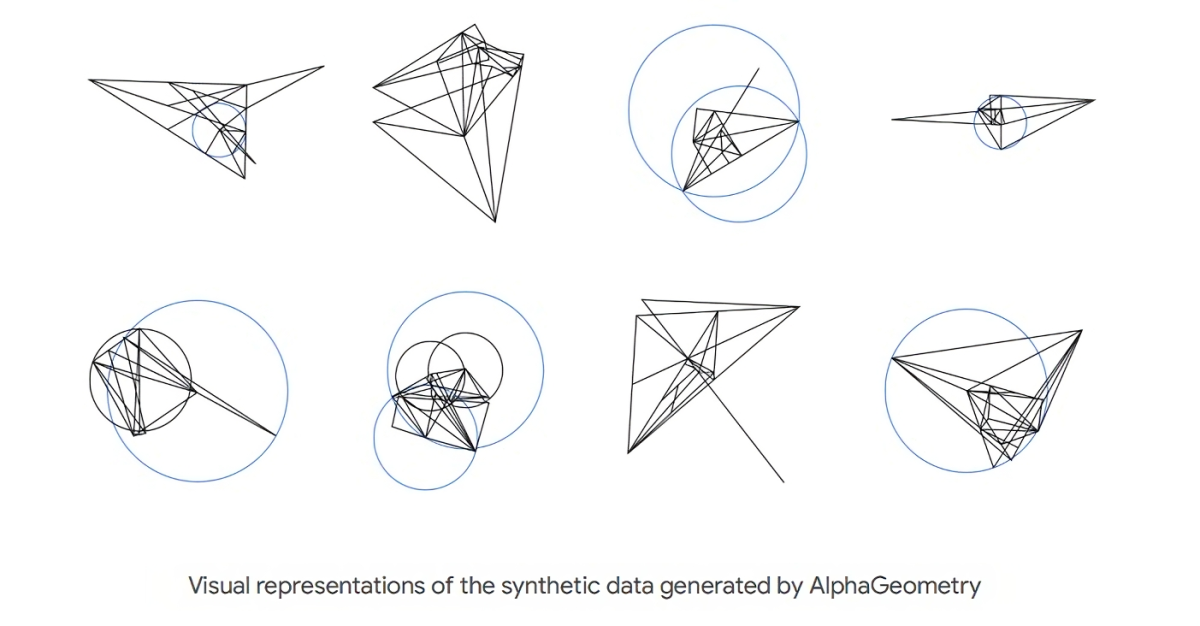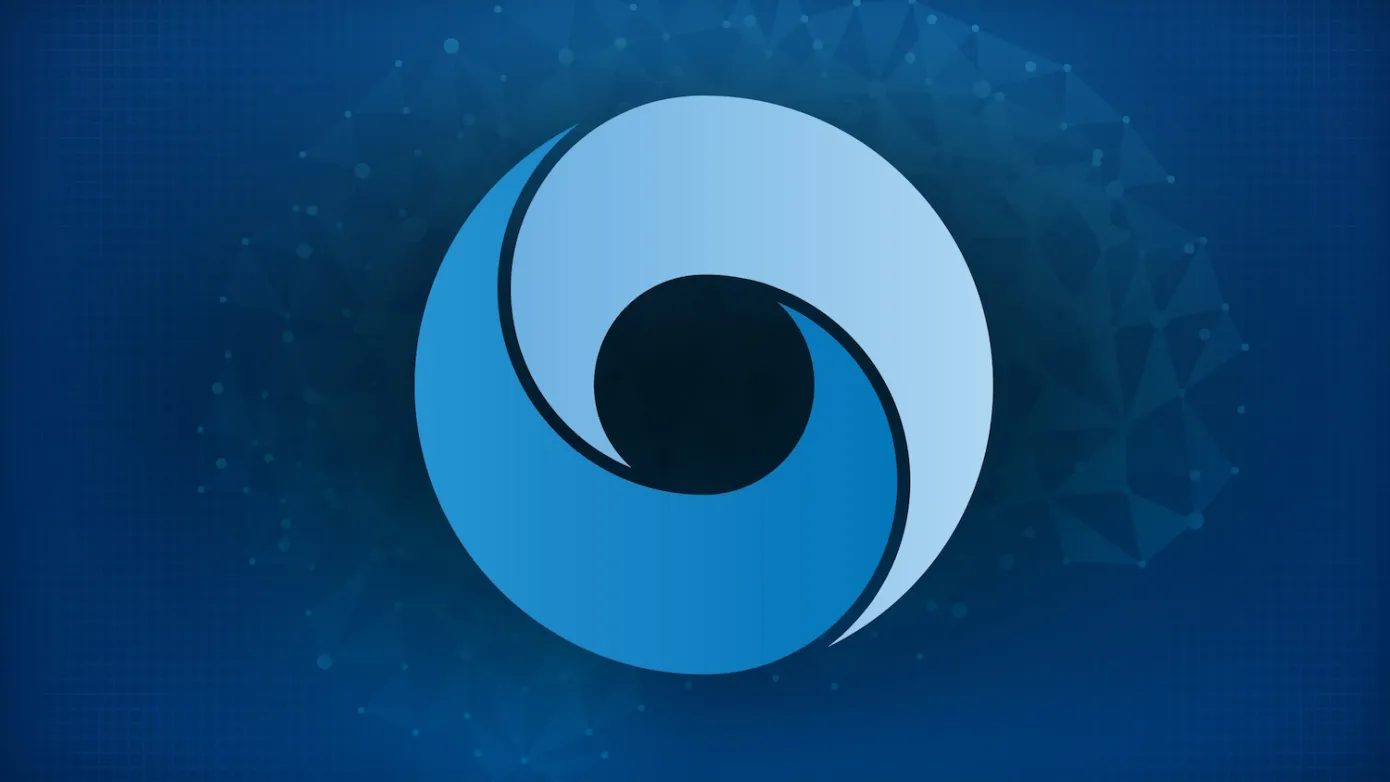DeepMind, the Google AI research lab, has introduced AlphaGeometry, a revolutionary AI system designed to solve challenging geometry problems with a proficiency comparable to an International Mathematical Olympiad gold medalist. The code for AlphaGeometry has been open-sourced, and the system is set to be launched on February 2.
At the heart of AlphaGeometry’s capabilities is its adeptness at addressing 25 Olympiad-level geometry problems within the standard time limit, surpassing the previous state-of-the-art system that could handle only 10 such problems. DeepMind believes that solving these complex geometry problems is a crucial step toward developing deeper mathematical reasoning and advancing more sophisticated and generalized AI systems.

The system combines a “neural language” model, akin to ChatGPT, with a “symbolic deduction engine” that leverages mathematical rules to infer solutions to problems. This unique approach addresses challenges in training AI systems for geometry, where there is a scarcity of usable training data and a need for logical reasoning through theorems.
To overcome the lack of usable geometry training data, DeepMind created synthetic data, generating 100 million synthetic theorems and proofs of varying complexity. AlphaGeometry was then trained from scratch on this synthetic data and evaluated on Olympiad geometry problems.
The neural language model guides the symbolic deduction engine through possible answers to geometry problems, providing both fast, intuitive ideas and deliberate, rational decision-making. AlphaGeometry’s architecture demonstrates a hybrid symbolic-neural network system, similar to DeepMind’s successful projects like AlphaFold 2 and AlphaGo.
The results of AlphaGeometry’s problem-solving capabilities, as published in a study in the journal Nature, contribute to the ongoing debate about the effectiveness of symbolic AI versus neural networks.
While neural networks have been widely acclaimed for their achievements in various tasks, the hybrid approach showcased by AlphaGeometry suggests a potential synergy between symbolic manipulation and neural networks for more advanced and generalizable AI systems.
DeepMind’s overarching goal is to develop AI systems capable of generalizing across mathematical fields, exhibiting sophisticated problem-solving and reasoning abilities. AlphaGeometry represents a significant step in this direction, potentially influencing how future AI systems discover new knowledge across various domains.



